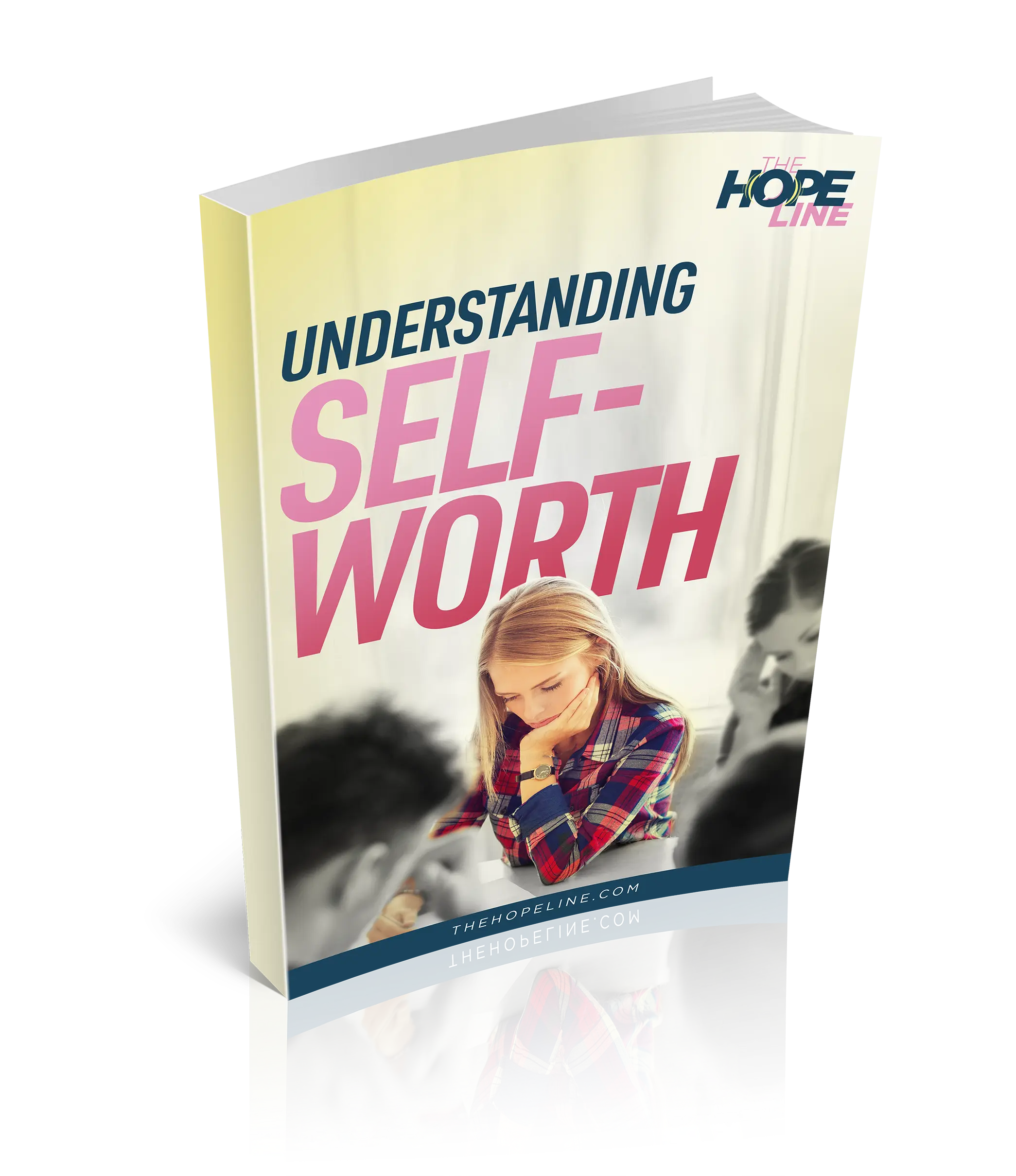A healthy self-care routine can be difficult. If you’re not sure where to start, try making a list of unhealthy behaviors you want to decrease, and another one that includes healthier habits you can replace them with.
For example:
If your screen time is too high, make one goal to decrease it, and another to read for at least 20 minutes a day.
If you eat too many unhealthy snacks, don’t restock on your next shopping trip. Instead pick up things like dried fruit, nuts, granola, yogurt, and fresh veggies, and snack on those in between meals.
Other basic places to get started:
• Give up what drains you
• Care for yourself physically – this may include making overdue doctor appointments, getting enough sleep, good hygiene, good diet and exercise
• Decide who you should hang out with – surround yourself with positive people. Not people who drag you down.
• Stop Overthinking – If you start to over-think, haul out a journal and write your thoughts down. Acknowledge what is on your mind and now they are out and you don’t need to dwell on them anymore.







 Privacy Policy / Terms of Use
Privacy Policy / Terms of Use